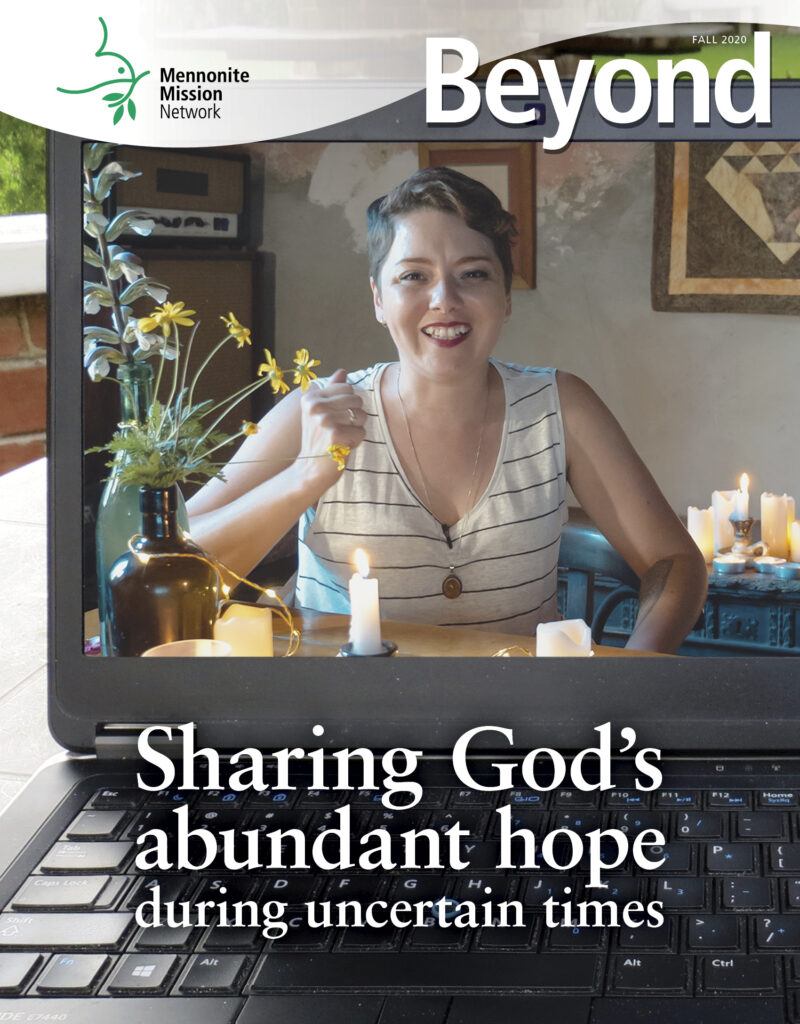Etty and beauty
By Laurie Oswald Robinson
If I could channel the resilient spirit of anyone during this pandemic, it would be the late Esther "Etty" Hillesum
(Jan. 15, 1914 – Nov. 30, 1943). She was the Dutch author of confessional letters and diaries, which describe both her religious awakening and the persecutions of Jewish people. She was deported and killed in Westerbork transit camp in the Drenthe province in Northeastern Netherlands.
Rather than curse being locked in a transit camp, Hillesum embraced this conviction: "Despite everything, life is full of beauty and meaning." That she could believe this despite the ugliness of evil testifies to the power of choosing to see the beauty amidst the brutality and meaning beyond the brokenness.
She penned profound prose while barely existing in the dank barracks, and this is one of my favorites:
"Ultimately, we have just one moral duty: to reclaim large areas of peace in ourselves, more and more peace, and to reflect it toward others. And the more peace there is in us, the more peace there will also be in our troubled world."
While on semi-lockdown at home on the Kansas prairies, I waver between going numb over all the mess of our world, or over-reacting to everything. Numbness freezes out the beauty of God’s creation; over-reacting shuts out God’s peace in my soul.
Etty teaches me to believe that even though I see through a glass darkly — or breathe through a mask heavily —Christ’s unveiled gaze penetrates my interior chaos with his centering, clarifying love. It is my hope that these annual report stories can help to bring us face to face with Jesus’ peace amidst all the pain.
In these uncertain and isolating times of social distancing and lockdown, it is my prayer that these accounts remind us that our God of abundant hope is as close as ever.

